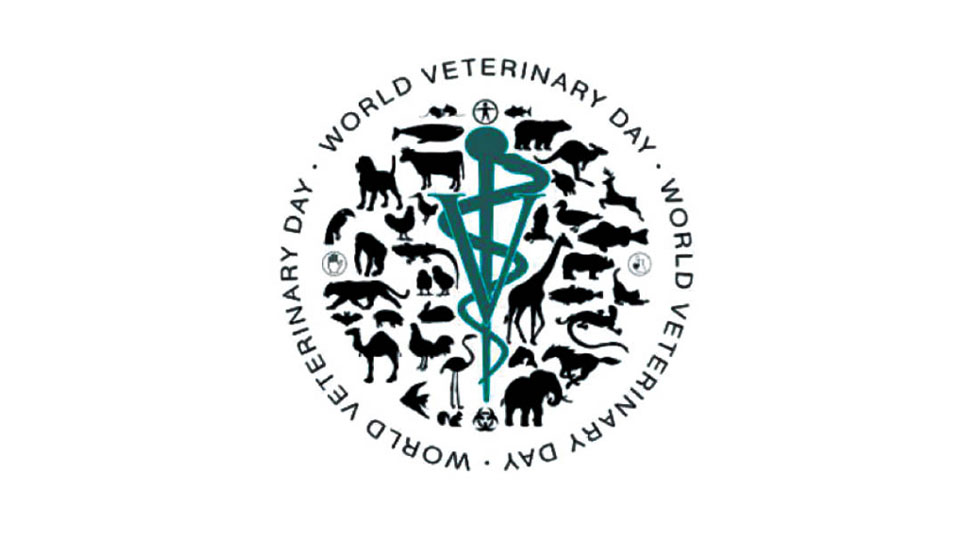By Dr. C.S. Arun, MVSc
World Veterinary Day is being celebrated globally every year on the last Saturday of April. This was started in the year 2000 by World Veterinary Association to highlight and promote the noble services performed by the Veterinarians in safeguarding the health of animals and thereby the human beings.
To celebrate this day, each year a different theme is chosen and this year it is ‘Value of Vaccination.’ How apt it is in the current scenario ! The universe is being plagued with myriad diseases, old and new, causing heavy losses to the livestock and human population. The best way to avoid this loss is through keeping the diseases at bay.
Various measures adopted to prevent the diseases are hygiene, balanced nutrition, active life-style and VACCINATION.
Vaccination is the process of eliciting immunity in the living being through introduction of an antigen, that is, a particle which stimulates the immune response. This antigen may be a live, weakened organism, an inactivated/killed organism, a part of the organism or the metabolites produced by the organism. On entry into the animal’s body, the antigen induces the production of immune mediators from cells and/or antibodies through humoral immune response to neutralise the invading pathogen. Immune response is specific to the antigen introduced into the system.
All animals on birth will have an innate immunity acquired passively in mother’s womb and some transferred through colostrums in early part of their life. This immunity lasts for a few weeks after which the newborn will be highly susceptible to diseases. At this stage, they have to be vaccinated to induce active immunity. In case of dogs and cats, this period falls in the age group of 4-8 weeks, around which time their first vaccination has to be scheduled.
To enhance adequate immunity, vaccination has to be repeated several times through repeated ‘booster’ doses. Schedule of vaccination typically depends upon the prevalence of the diseases in that particular area. Local veterinarian will be the best guide to advice in this regard.
Vaccines are critical to animals’ health. They are essential tools of preventive veterinary medicine, promotion of animal health and welfare and thereby reducing the risk of zoonotic diseases in human beings.
Vaccination reduces the need for antimicrobial usage and hence decreases the risk of emerging problem of anti microbial resistance. So get your pet vaccinated today.
Important things to be remembered
• Only healthy animals have to be vaccinated.
• Until completion of the vaccination schedule, young ones should not be exposed to the pathogens.
• Vaccination schedule has to be followed strictly.
• Vaccine should be of good quality.
• Maintenance of ‘cold chain’ during transportation and storage of vaccine is very essential.
• Aseptic procedures have to be followed during vaccination.
Vaccination schedule for dogs
| 6th week | DHLPPiC primary vaccine |
| 8th week | Anti Rabies primary vaccine |
| 9th week | DHLPPiC booster vaccine |
| 11th week | Anti Rabies booster vaccine |
| 12th week | DHLPPiC 2nd booster vaccine |
Thereafter, every year DHLPPiC and Anti-Rabies vaccine have to be repeated.
Vaccination schedule for cats
| 8 weeks | Pan leucopenia, Calci virus, Herpes virus and Rabies vaccine |
| 12 weeks | As above |
| Annual | As above |








Recent Comments